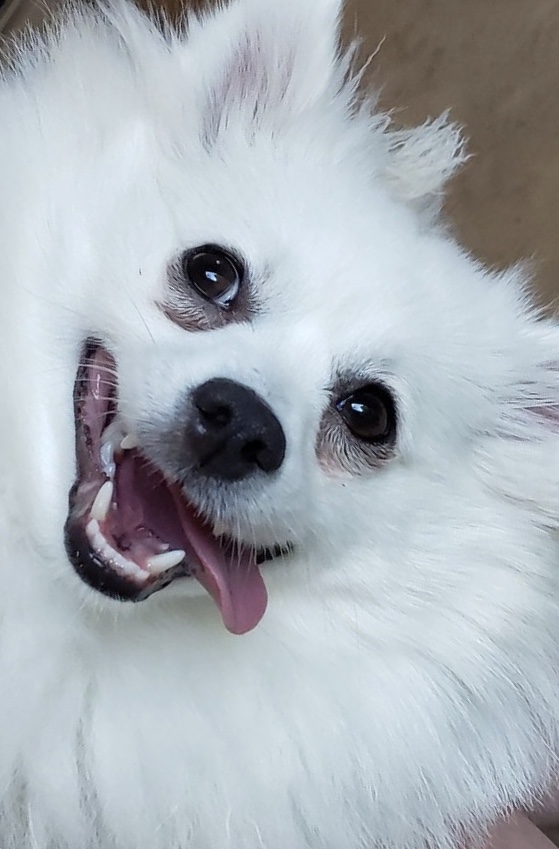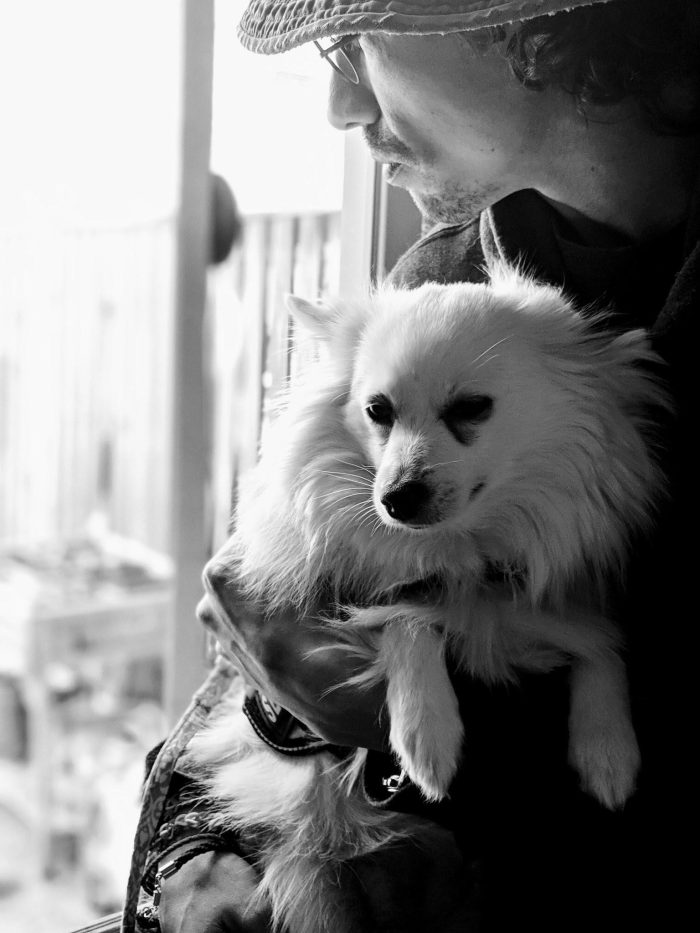In This, We Grow Stronger.
It’s taken me a long while to write this post.
Try as I might to place pen to paper, time after time, it seemed my intention would fail me. How can mere words place into a fuller context—or reflect the complexity of emotion?
Sometimes, words are simply not enough; oftentimes, they must serve as both sage and companion.
As a disabled veteran, I have worked nearly the entirety of my life in service to this country—specifically, in the capacity of supporting our national security. As a soldier, I had my first clearance before I was old enough to drink, and plenty too young to be exposed to the unspoken darkness in this world.
I have made sacrifices and gone without, focusing first on mission and the needs of this nation. For many years, that service was marked in quite ordinary ways as we worked tirelessly to preserve, protect, and defend the legacy of our nation.
To that end, my work often led down those “less traveled” paths—working with federal, state, and local agencies to offer context and hopefully deepen our understanding of a continually evolving threat. In this case, that threat included United States-based militia operations tied to foreign influence campaigns. My work involved analysis of open source intelligence, or OSINT, piecing together aspects of a puzzle that had never been seen before.
Our nation had become divided and our active duty military and veterans community had changed. Where once we stood unified, there was now a striking divide. In 2019, I volunteered to deep dive the issue—lurking in the shadows of encrypted chat rooms in an attempt to determine potential risks and impacts. In the months and weeks leading up to the attack on our Capitol, it was clear that we were facing an unprecedented unrest.
Each of us, I’m sure, has had at least some exposure to this unsettledness. In every major jurisdiction, we watched the protests, riots, and even an insurgency. Never before had Americans become so divided, and, at the center of it all, there were so many veterans. Veterans I would have once called “brother” who were now working counter to that which had been ingrained:
“Against all enemies, foreign and domestic.”
This is our fundamental pledge, our vow to the people of this nation. To that end, I worked tirelessly night after night—even when my physical address was posted online, and members of a local militia began their path of terror.
In my heart, I felt no greater conflict: I was actively being targeted by the same people with whom I had served. They surveilled my home, taking photos through the windows and commenting on our security system (or lack thereof). They made false allegations, accusing me of federal crimes while attempting to humiliate me for my service-connected disability. They sent thousands of threatening messages, contacting every individual with whom I interacted—my friends, my family, and those in my professional circles were now under fire.
And these were no idle threats, mind you. They were graphic and specific with the intention of instilling an overwhelming fear. “Stochastic terrorism,” as it’s termed, punctuated by a continual sense that someone was lurking outside waiting to “take aim” through my windows. On one occasion, I received an ominous threat: “Karma is a bitch,” they wrote. “You get what you sew (sic); it may come in the form of a family member getting sick or losing a pet. So keep it up, and let’s see what karma will bring you next.”
Two weeks later, my service dog and life companion was killed by a local militia member who had tossed a packet of poison over the fence line. She died in my arms just a few hours later, bleeding out from the effects of rodenticide. Even in this moment, I can still feel the warmth of her blood on my skin as the life drained from her body.
That was, by far, the most difficult challenge I believe I have ever faced in my life.
No amount of practice nor Buddhist teachings could have prepared me for this moment. I was left emptied—of everything: spirit, will, intention, fortitude, and resolve. I entered grief counseling, working with trauma specialists, nurses, and supporting staff through Veterans Affairs. I cried during Zoom sessions and raged through the night. Even my doctor, with all his many years of experience, was left horrified by these actions.
“Whoever fights monsters should see to it that in the process he does not become a monster,” he shared. I knew what he was saying, but I wasn’t ready for that yet.
The night terrors were the worst; I was waking nearly every night to the sound of my own screams. Trust me, there is no foundational teaching that could prepare me for these events.
My service dog was the center point of my world, and she was no longer there. It was a reminder that life is constantly changing, and we must embrace what is “here.” And so in one great leap of faith, I let go, to save myself.
When stricken with grief, our instinct is to cling—to memories, to expectations, to sounds, and to sensations. We grip with all our might to anything that offers to lend stability. Thich Nhat Hanh offers that, “Letting go gives us freedom, and freedom is the only condition for our happiness. If, in our heart, we still cling to anything—anger, anxiety, or possessions—we cannot be free.”
For many years, I struggled with the concept of forgiveness. It’s so easy to move through the motions, to offer our obligatory apology. But how can we possibly forgive those who cause this much intentional pain in our lives? Who wish to cause us harm?
By recognizing that no one is impervious to suffering. “Hurt people, hurt,” I remember my mother saying, and she was right.
What these men did was horrifying, and my feelings were justified. But, how were these emotions serving me? By keeping me locked inside my own pain?
“When another person makes you suffer, it is because he suffers deeply within himself, and his suffering is spilling over. He does not need punishment; he needs help. That’s the message he is sending.” ~ Thich Nhat Hanh
To love ourselves is to honor a sacred connection. Letting go gives us the space, the freedom, and, to some extent, the permission—to experience joy once again. It took the entirety of my world crashing inward for me to finally see what was there.
“The emotion that can break your heart is sometimes the very one that heals it…” ~ Nicholas Sparks
Healing is letting go, yes—but it’s also transformation.
For the first time, I understood what it meant to completely let go: to look at others not through the clenched grip of passing emotions. But rather, to walk the walk, to talk the talk: to live without the burden of feeling trapped.
Even in her death—this sweet bundle of everything good—she shared her final gift: my freedom, and, at long last, my delivery from brokenness.



 Share on bsky
Share on bsky





Read 0 comments and reply